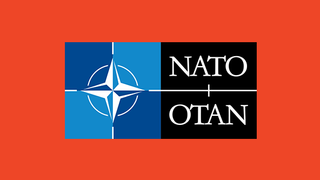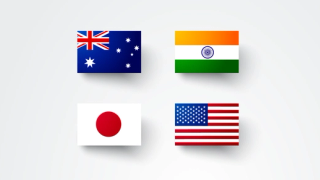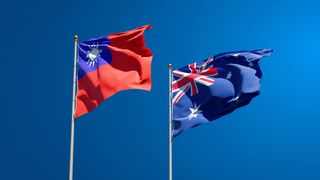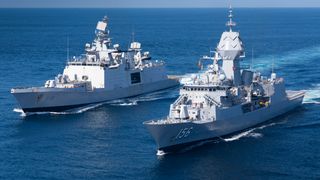NATO and Australia relations date back over a decade with Australia being one of the most important contributors to NATO’s missions and operations. Today, NATO and Australia face a new set of global security challenges — from systemic competition, authoritarian powers and non-state actors — that challenge the rules-based order. These occur through cyber threats and the malicious use of new technologies, as well as, other asymmetric threats.
The NATO2030 initiative, led by NATO Secretary General Jens Stoltenberg, envisages a more global approach of NATO to world security. Under this new vision, Australia and other Asia-Pacific partners work with NATO to expand shared security interests beyond the Atlantic.
The United States Studies Centre and the NATO Public Diplomacy Division present joint NATO Expert Talks. This series of talks with USSC and NATO experts will explore the challenges ahead of NATO and Australia and propose areas where furthering and deepening cooperation can offer solutions.
One of the identified solutions in fighting disinformation has been to build societal resilience. How have NATO and its member states fared so far and what is NATO’s strategy in fighting disinformation? How has Australia performed on this front? What can NATO and Australia learn from each other?
This first panel discussion brought together NATO Assistant Secretary General for Public Diplomacy Ambassador Baiba Braže and USSC Non-Resident Fellow Dr Jennifer Hunt to explore how disinformation and propaganda, pursued by state and non-state actors, aims to erode the trust and credibility of democratic institutions and systems. The discussion was moderated by USSC Lecturer and NATO Defense College Partners Across the Globe Fellow Dr Gorana Grgic.








